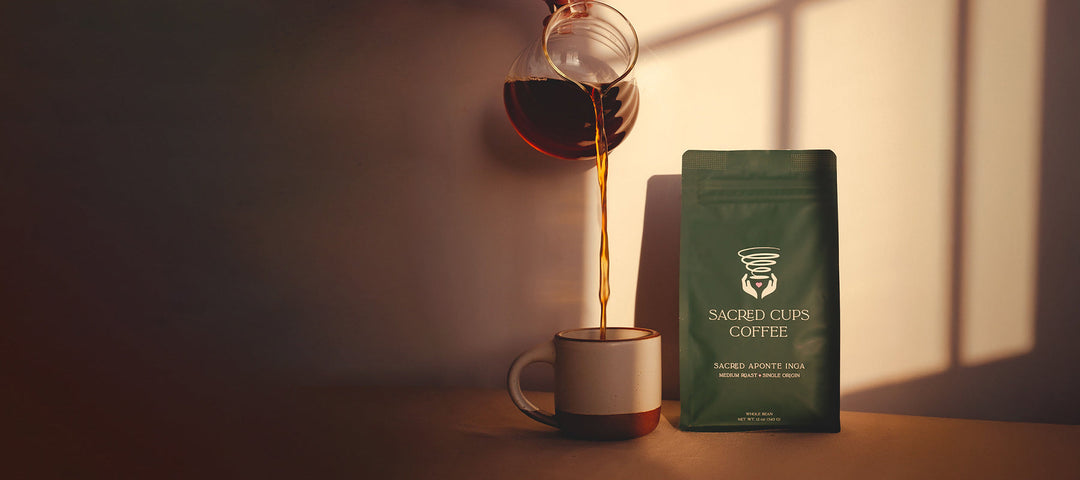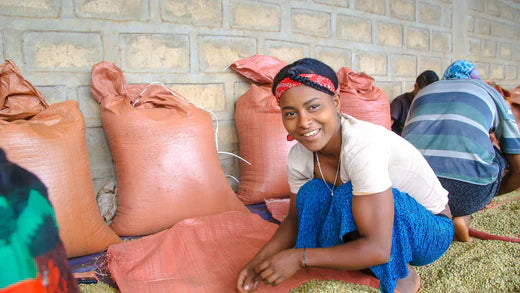Have you ever considered the environmental impact of the coffee you enjoy each morning? More than 150 million bags of coffee are produced worldwide each year, yet only a small percentage of that comes from environmentally conscious farms. Commercial coffee farming is responsible for a significant amount of environmental damage due to practices such as deforestation and the application of harmful pesticides coffee, fertilizers, and other agricultural chemicals.
Thankfully, many farmers now place a high priority on both producing quality coffee and protecting the environment. Bird Friendly® and Rainforest Alliance are two notable certifications that you can look for on coffee packaging - both of which support sustainable farming practices.
What exactly is Bird Friendly® Coffee?

Bird Friendly® coffee is grown on sustainable, biodiverse farms that are dedicated to providing a safe and natural environment for birds and other wildlife. Coffees labeled "Bird Friendly®" are "shade grown," which means the coffee is grown on land that hasn't been completely cleared of all other vegetation and instead preserves or emulates the ideal growing conditions for coffee, which are beneath forest canopies. Growing coffee in the shade has a number of advantages, the most notable of which is a decreased risk of soil erosion and the establishment of a protected environment for a wide variety of different kinds of birds and mammals. Bird Friendly® certified products also require organic certification, meaning only approved inputs are used on the farms.
For the past two years, we've been purchasing Smithsonian Bird Friendly® coffee from dedicated farmers who share our commitment to sustainability and regenerative organic agriculture. In addition, we’re aiming to achieve Bird Friendly® Certification for Montebonito, our farm in Pitalito, Colombia, by 2025.
Our Montebonito farm manager has been working hard to make the necessary changes to our farm in order to achieve this certification. By establishing a buffer zone of native vegetation along streams and rivers, we’ve already met one of the key Smithsonian standards. We also keep a large, indigenous forest with a biodiverse ecosystem of plants, animals, and insects, which not only serves as a habitat for wildlife but also filters and cleans the water used in our coffee.
Shade-grown coffee also entails planting more trees in areas that still require them while ensuring that the varieties share synergistic qualities with existing flora and create natural protection against key coffee pests and diseases. We also follow the Smithsonian Institution's guidelines for weed and leaf litter layers, which provide rich organic matter and contribute to the abundance of soil microbial communities required for plant health. In addition, the Smithsonian's National Zoo & Conservation Biology Institute benefits from our certification licensing fees, helping it fund programs to fight climate change, protect biodiversity, and support farmers committed to conserving bird and wildlife habitat.
Other certifications may not encompass the same range of stringent standards as the Smithsonian's Bird-Friendly label, but there are alternative certifications such as the Rainforest Alliance that also require the adoption of sustainable farming practices.
What does it mean to be Rainforest Alliance Certified?

The Rainforest Alliance is a global, non-profit coalition of farmers, forest communities, businesses, and consumers committed to promoting social, economic, and environmental sustainability. The organization works with farmers and forest communities to protect the natural environment, improve livelihoods, and promote human rights.
Coffee farms or smallholder farmer groups that earn the Rainforest Alliance Certified seal protect biodiversity, provide financial benefits to farmers, and foster a culture of respect for workers and local communities. Coffee must also be grown naturally under the shade of other trees, which provide a habitat for various forms of wildlife. The Rainforest Alliance certification also has human rights requirements, ensuring that coffee is produced ethically and with fair labor practices.
By purchasing Rainforest Alliance Certified coffee, consumers are able to give a small portion back to those rural farming communities. You should be proud that the coffee you're drinking was grown with biodiversity, conservation, and sustainability in mind—but, most importantly, that no trees were cut down to make way for coffee production.
How does the Bird Friendly® certification differ from the Rainforest Alliance certification?
There are distinctions between the Bird Friendly® certification and the Rainforest Alliance certification, despite the shared goals of preserving biodiversity and advancing environmentally responsible practices. The Rainforest Alliance has requirements concerning human rights, whereas the Bird Friendly® certification is primarily focused on protecting and preserving habitats in which birds can thrive. Although the Smithsonian’s focus is on birds, we do know that what’s good for birds is also good for us!
For farms to receive Bird Friendly® certification, they must have a minimum of ten different tree species, a minimum of three canopy layers, a canopy height of at least 12 meters, and a shade canopy that is so dense that it filters 40% of the sunlight. Bird Friendly® farms meet these rigorous standards because they provide habitat of such high quality that it is comparable to that of undisturbed forests.
The Rainforest Alliance also offers shade cover guidelines, but they’re not as stringent, and, most notably, there’s no mandatory shade cover requirement for initial certification.
The farms that produce Bird Friendly® certified products are required to be USDA Organic certified, as the use of non-organic agrochemicals can be harmful to birds. However, farms producing Rainforest Alliance-certified products are not required to be USDA organic and may use some pesticides, herbicides, etc. To earn the Bird Friendly® seal of approval, the coffee farm must be 100% in compliance, whereas to earn the Rainforest Alliance seal, only 90 percent of the product must meet their criteria.
Beyond just adhering to sustainable agricultural practices, farms with certifications such as Bird Friendly® and Rainforest Alliance go above and beyond with regard to environmentally and socially responsible farming practices.
At Purity Coffee®, we believe that a more sustainable future is crucial for our business, our customers, and the environment. When sourcing our coffees, we prioritize those that bear either or both of these seals as part of our commitment to sustainability, which is central to our mission, vision, and values.
Consumers like you who make informed decisions and choose coffees that are Bird Friendly® and/or Rainforest Alliance certified can enjoy better-tasting morning coffee and the peace of mind that comes with helping foster a more sustainable and socially just coffee industry. Thank you!
2 comments








Why has the Rainforest Alliance seal been removed from the latest Flow whole beans bag?
———
Purity Coffee replied:
Thank you for reaching out! Most of our coffees are Rainforest Alliance certified, but we do not currently subscribe to that certification. USDA Organic, Smithsonian Bird Friendly and our direct relationships with the producers with our Purity Cool Farm project is beyond Rainforest Alliance, in our opinion.
I love this!! The coffee is fantastic and the growing conditions are "environmentally and socially responsible!!
Leave a comment